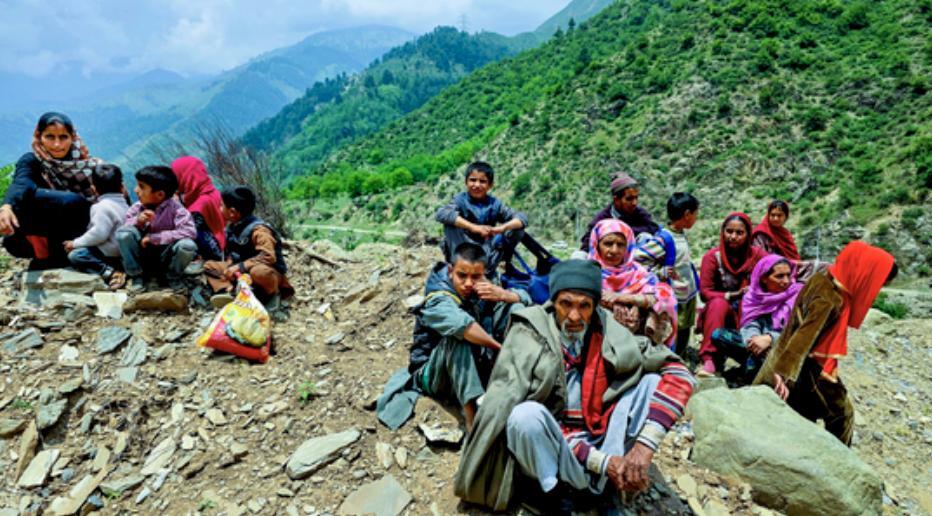
Can’t Trust Pak: J&K Residents on Returning Home After Ceasefire
The recent ceasefire agreement between India and Pakistan has brought a sense of relief to the residents of Jammu and Kashmir’s border areas. However, despite the end of hostilities, many residents are hesitant to return to their homes, citing a lack of trust in Pakistan’s intentions.
The residents of areas that witnessed heavy shelling during the India-Pakistan clash are longing to return to their villages and resume their normal lives. However, their desire to go back is being held back by their deep-seated fear of another attack from across the border.
“I am desperate to go to my village because I can’t open my shop,” said a resident of a border area. “But people still believe war isn’t over.” The sentiment is echoed by many others who are waiting for the right moment to return to their homes.
The India-Pakistan ceasefire agreement, which came into effect on February 25, has brought a sense of calm to the region. The agreement was reached after intense diplomatic efforts by both sides to de-escalate the situation. However, the residents of border areas are not convinced that the ceasefire will hold.
“I have lost faith in the ceasefire,” said another resident. “Pakistan has broken every promise it has made in the past. Why should we trust them this time?” The resident’s skepticism is shared by many others who have been affected by the conflict.
The residents of border areas have been living in uncertainty for weeks, with many forced to flee their homes to safer areas. The conflict has not only disrupted their lives but has also put a significant strain on the local economy.
“I have been living in a camp for the past few weeks,” said a resident who did not want to be named. “I am tired of living in a tent and want to go back to my home. But I am scared of what might happen.” The resident’s fear is understandable, given the history of violence between India and Pakistan.
The conflict has also taken a toll on the local businesses, with many shops and markets remaining shut. The residents are eager to return to their normal routine, but their fear of another attack is holding them back.
“We are losing business every day,” said a shopkeeper from a border area. “We want to go back to our shops, but we are afraid of what might happen. We are waiting for the right moment to return.” The shopkeeper’s words are echoed by many others who are struggling to make ends meet.
The India-Pakistan ceasefire agreement is a positive step towards reducing tensions in the region. However, the residents of border areas are skeptical about the agreement’s success. They are waiting for concrete actions from both sides to ensure that the ceasefire holds.
“We want to see concrete actions from both sides before we return to our homes,” said a resident. “We want to see that the ceasefire is not just a temporary arrangement.” The resident’s words are a reflection of the deep-seated fear and mistrust that exists between India and Pakistan.
In conclusion, while the India-Pakistan ceasefire agreement is a step in the right direction, the residents of border areas are hesitant to return to their homes. Their fear of another attack from across the border is holding them back, and they are waiting for concrete actions from both sides to ensure that the ceasefire holds.






